There is no shortage of cool tech devices on offer in South Africa. If you’ve recently shopped for a smartphone or laptop, you’ll know the number of options can be dizzying. But it’s no secret that we often tend to miss out on a lot of good stuff.
For some things, there’s the option of importing it yourself but that process is a lot more involved than buying something that’s locally supported and it’s a surefire way of driving the price up. It can also mean dealing with South African Customs which is great for headache speedruns but not much else.
It’s possible to skip all that if one of the local grey importers has what you’re looking for but that comes with its own problems, like extended turnaround times for repairs or replacements – if they’re even available.
While some of these items can be had that way, we still think they deserve a mention if their manufacturer doesn’t officially support them here. Some of them, like Starlink, could start appearing in the country soon but until then, here are five cool tech gadgets you can’t officially get in South Africa.
The Cool Tech
Samsung Galaxy Book
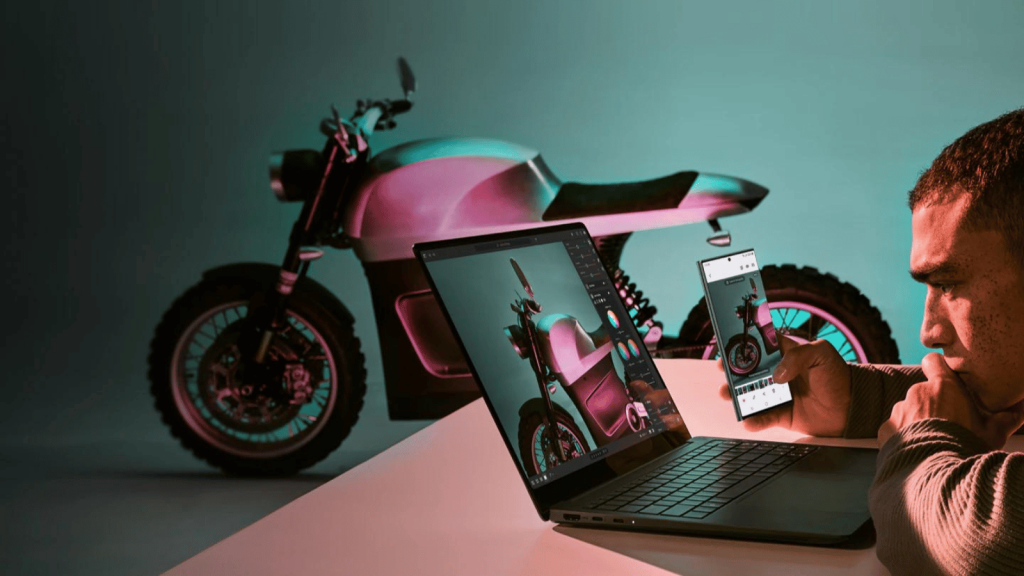
Samsung hasn’t officially sold its laptops in SA for the past ten years. The range started as Windows-based tablets with detachable keyboards and was later adopted as the company’s main laptop range, replacing the Samsung Notebook line.
In recent years, Samsung has announced enticing new Galaxy Books alongside its flagship Galaxy S smartphones at its Unpacked events. They usually boast a premium-looking design and an impressive spec sheet, featuring Intel innards and a (probably) gorgeous AMOLED screen courtesy of Samsung Display.
You can technically buy a Galaxy Book as a ‘parallel import’ from Zeek Online but we’ve already covered why that isn’t always advisable. It’s possible to find locally supported devices with similar specs but those lack the one feature that got the Galaxy Book on our list in the first place – an all-expenses-paid ticket to the Galaxy ecosystem.
Samsung controls the largest chunk of SA’s smartphone market share but local Samsung owners don’t have the option of a smartphone that functions seamlessly with their laptop, having to rely on third-party software for natively supported features like drag-and-drop file sharing.
Every time we’ve asked Samsung SA about the possibility of Galaxy Books in South Africa we get the same, resounding “maybe”. That doesn’t mean we haven’t stopped huffing copium yet, though.
Google Pixel
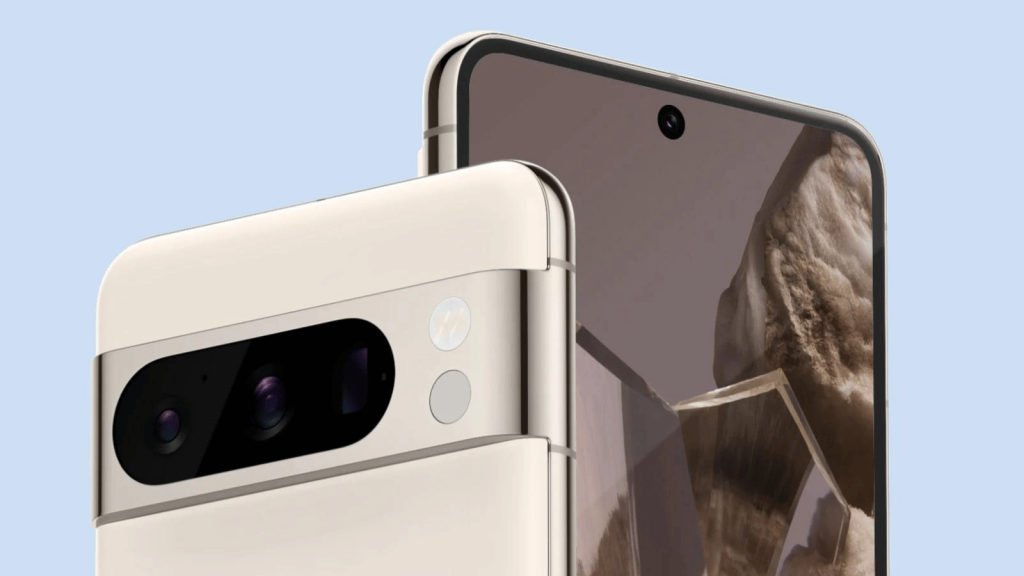
You’d think that a company of Google’s size and stature might at least acknowledge the existence of the African continent on its online store. But it has little reason to, since it doesn’t offer any device support to a single country on the continent. That’s a pity for folks seeking a pure Android experience – it doesn’t get any purer than from the source.
Another aspect of the Pixel that overseas reviewers often praise is Google’s image processing. Notable YouTuber Marques “MKBHD” Brownlee recently conducted his annual Blind Smartphone Camera Test. This year’s top overall performers, as voted for by his audience, were the Pixel 7a, Pixel 8 Pro, and Pixel Fold in first, second and third place respectively with the Pixel 7a also snagging the ‘Bang for the Buck’ award.
Recent Pixel devices sporting Google’s in-house Tensor SoCs were among the first smartphones with chipsets specifically designed to leverage artificial intelligence and machine learning workloads. This allowed Google to introduce impressive AI-powered features, like its Magic Editor and Best Take, in its new Pixel phones. You know, before it was cool.
Like the Galaxy Book and many of Google’s other products, it’s possible to acquire one of Google’s Pixel smartphones in SA. We just wish it was from Google itself.
Tesla Solar Ecosystem
2023 had the highest number of load-shedding hours to date. The year or two before weren’t great either so it’s no wonder the popularity of solar backup solutions has grown significantly in that time. If you’ve got the budget, it’s possible to take your entire property off the grid and power every appliance, light, and gadget with solar power.
Some of those systems are pretty advanced, providing some control, real-time monitoring, and statistics via a smartphone app. Yet none have managed to do that with the same level of competency and polish as Tesla. A Tesla-made backup power system can contain all the same components as a system you can buy here (minus the fast home EV charger) and will probably work out to be quite a bit more expensive. So why do we want to see it in SA? Polish and simplicity.
In any kind of system, if you’re mixing different components from different suppliers, there’s always an increased chance of things going wrong or not working together as well as they could if they shared a designer – think Apple’s ecosystem.
Tesla can provide all the components a full backup system requires – there’s also the option of replacing your house’s entire roof with solar tiles instead of using those unsightly solar panels – and includes a smartphone app for monitoring the system that doesn’t need a degree to comprehend (and actually looks good).
The Tesla Powerwall is available for purchase in SA from a few certified installers, now we just need the tiles, inverter, Tesla cars, and home EV chargers and we’ll be set.
Eight Sleep Pod Cover
Most people underestimate the power of a good night’s sleep. Smartwatches, fitness trackers, and smart rings do a good enough job of estimating your sleeping patterns but they don’t actively do anything to assist you. Other than the score they give you the next morning, admonishing you for staying up too late… again.
The Pod Cover from Eight Sleep does that too but can also optimise your sleeping environment for falling asleep quicker, staying asleep longer, and waking up at the right time by regulating its temperature. It can do this for both sides of the bed independently by pumping warm or cold water through the mattress cover. If that sounds a little far-fetched and you think you’ll need to try it for yourself before you believe it then we hope you have deep pockets. Good sleep doesn’t come cheap.
The largest size usually goes for $2,300 (R43,000) but all the smart features, like automatic temperature adjustments, setting schedules, and the haptic and thermal alarms, will cost an extra $180 (R3,365) or $290 (R5,310) per year. Even if it were available here, we doubt many people could justify the purchase. Still, it would be nice to have the option.
Starlink satellite internet
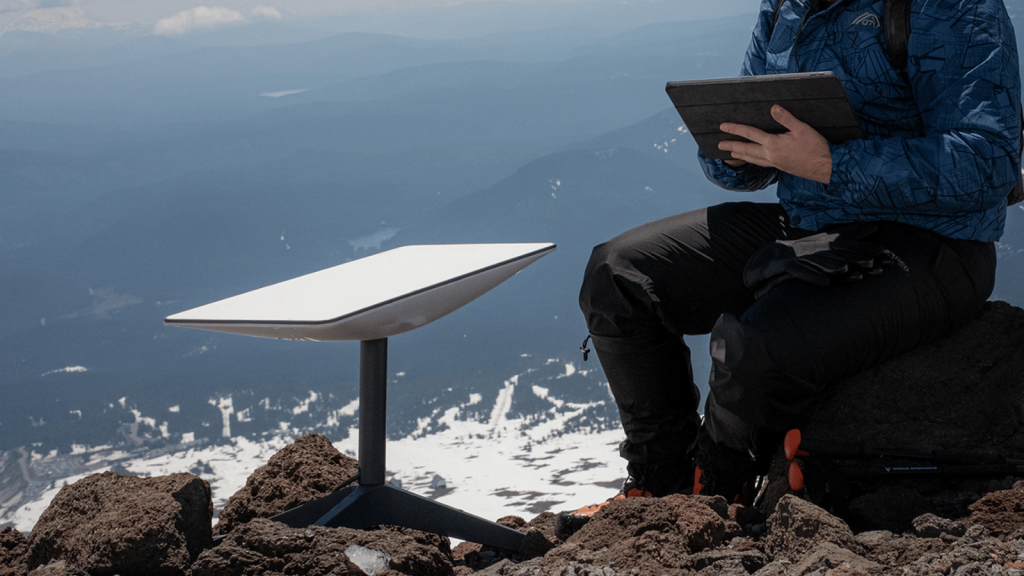
Of all the gadgets on this list, SpaceX’s Starlink satellite internet is the most likely candidate for eventually winding up in the country. It’s not impossible to get it at present but Starlink’s website says “Service date is unknown at this time” so don’t count on a seamless and trouble-free experience, especially if ICASA (Independent Communications Authority of South Africa) has anything to say about it.
In the parts of the world where it is already available, Starlink’s website claims users can expect download speeds in the range of 25 – 220Mbps and between 5 to 20Mbps upload speeds. In many rural parts of the country where fibre hasn’t reached yet, and where LTE signal waivers depending on the load shedding schedule, a service like Starlink could be game-changing.
We might not have to wait for Starlink and our government to sort out their issues. Amazon’s Project Kuiper is making alluring winks at South Africa’s would-be Starlink customers. The US e-retail giant is supposed to kick off its South African expansion this year so it might be some internet satellite with it. Whoever they belong to, internet satellites providing more people with access to instant knowledge is probably a good thing for a country like this.
Honourable mention: Always-On national power grid
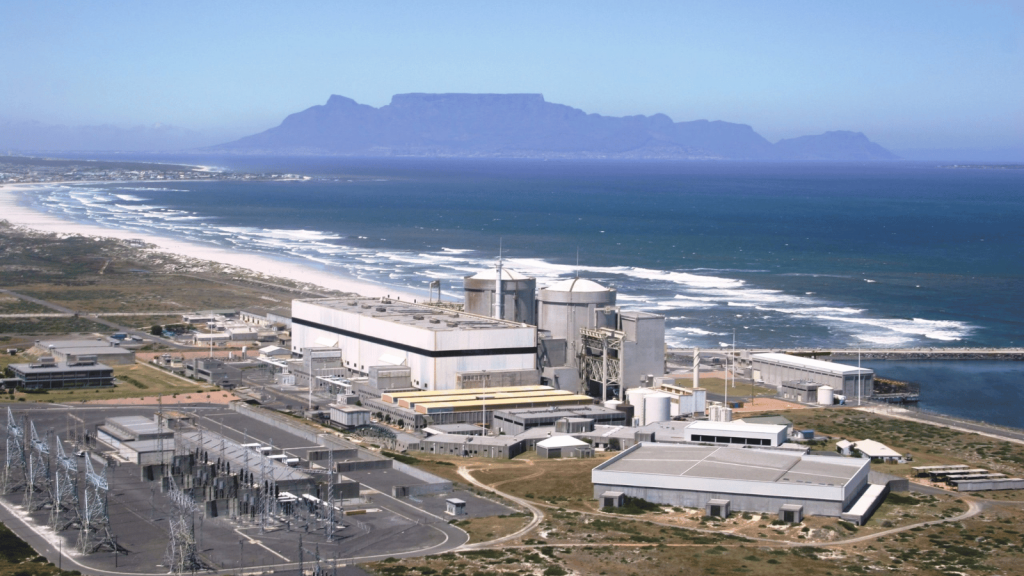
From 1882, when Kimberley switched on Africa’s first electric streetlights, until some time in 2007 when we started calling blackouts ‘load shedding’, South Africa had a decent track record with electrical supply.
These days, if South Africans want to experience an Always-On national power grid, they need to be very patient for a load-sheddingless day (which does happen occasionally) or visit another country. Denmark would be our top suggestion for a country with its electricity act together. We’d love to see it export some of that to South Africa.

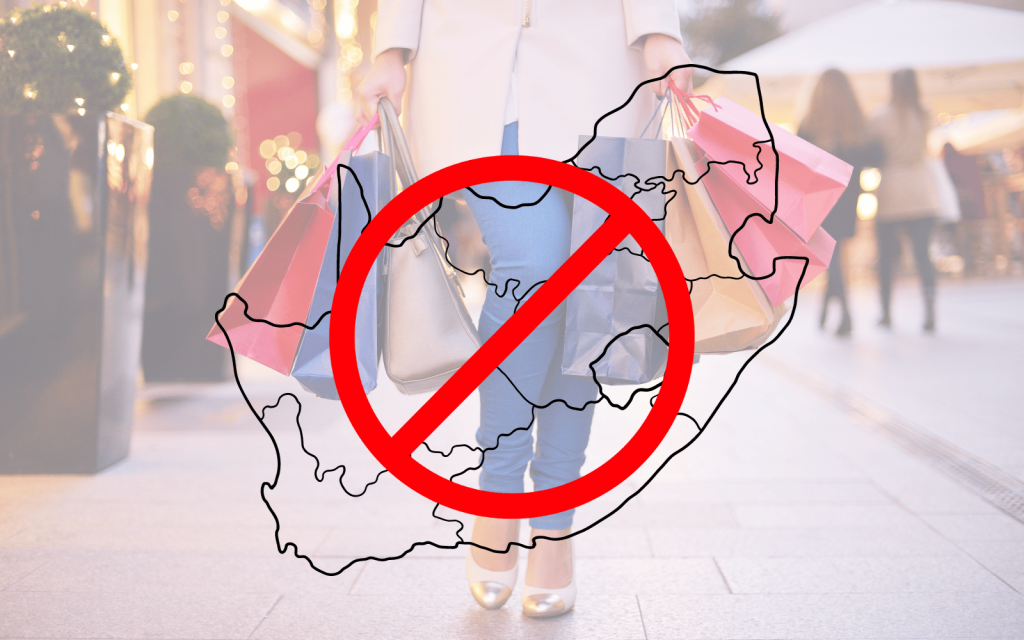
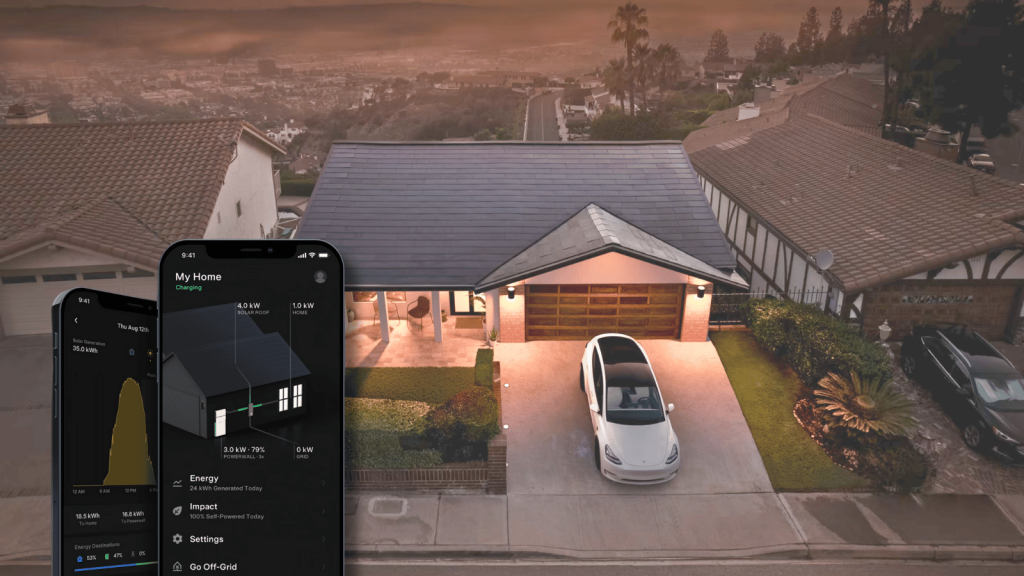
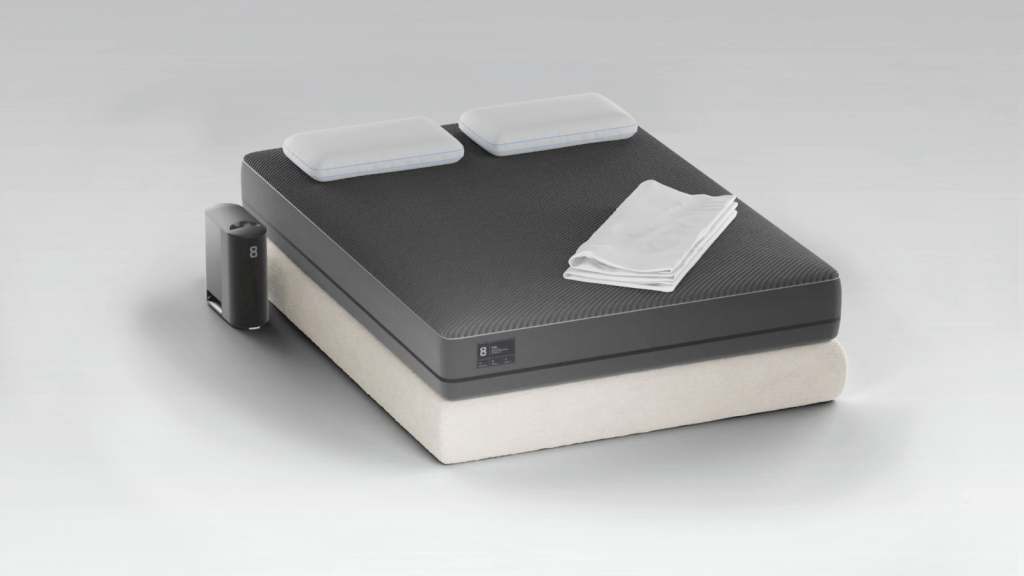

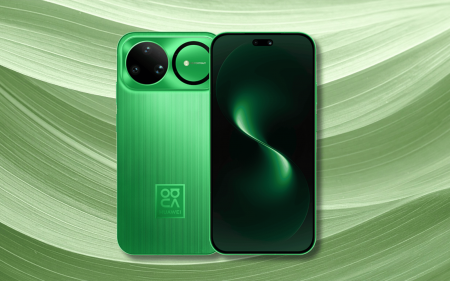
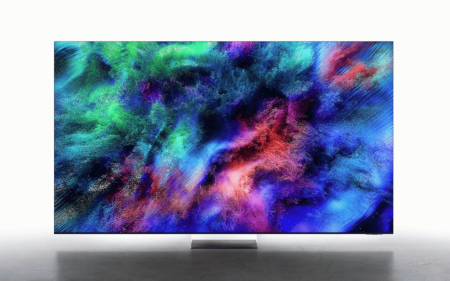
1 Comment
No original flavour Rice Krispies?